It’s an interesting question to unpack – when the unspoken ending to the question is ‘to be a great coach’. When we first look at this topical challenge, we need to start with what actually makes a great coach? There are a number of attributes that many would say are a given, including a superior technical knowledge of the sport, an excellent understanding of physical development and preparation for performance in sport, and of course the ability to effectively communicate that knowledge with the athletes. But looking beyond what we have come to expect as a minimum standard from ‘great’ coaches, research has identified, and our own experience has shown us, that successful coaches do have a couple of other things in common.
Research presented at the World Class Performance Conference in London 2015, and further published in an article in Scientific American, revealed that coaches in the very top tier of sport have refined their ability to connect with their athletes.
Specifically the research, which focused on athlete performances at the previous Olympic games, found that the quality of the coach–athlete relationship was the primary differentiator between a high performing athlete who was expected to do well, and then went on to win multiple medals (superelite is the term given to these athletes), and an athlete who competed at the Olympics but went home empty-handed.
The research, initiated, and funded by UK Sport, quoted head researcher Matthew Barlow,
“Superelite athletes perceived their need for emotional and esteem support were met in a way that the elites did not. Coaches of Superelites acted almost as surrogate parents, praising their athletes’ efforts, emphasizing unwavering belief in them, providing positive feedback, and taking an interest in personal lives. They have a bond that goes beyond spreadsheets, power outputs, and graphs.”
Over the last two decades, there have been numerous studies just like Barlow’s which have identified the critical role of the coach-athlete relationship in any athlete’s performance:
At the Olympic level – The 2008 Canadian Olympic ‘Own the Podium’ study by Penny Werthner. The paper unequivocally found a high positive correlation between athlete performance and the quality of their coach-athlete relationship, stating that of the five factors, it was the most critical.
At the collegiate level – The 2007-2008 Barriers NCAA study also found that 42% of the 9000 student-athletes surveyed would not consider a future in college athletics because of the poor relationship with their college sports coach or their coach just prior to college.
Entering into the collegiate level – The American Football Coaches Association player survey, 90 percent of players stated, the coaching staff was very important in determining which college to attend (AFCA Study 2003).
With this research in mind, and to take us right to the heart of the question of ‘Do I have to like my athletes?’, we reflected on some thoughts shared by legendary coach John Wooden during an interview with Anthony Robbins (well worth a listen to in its entirety listen if you’ve got time!), he said,
“Well, the coach whose philosophy I admired was Amos Alonzo Stagg and he once made the statement he never had a player he didn’t love. He had many he didn’t like, and he didn’t respect, but he loved them just the same. Well, in my early years of teaching I would tell my players I like you all the same, I’m going to treat you all the same. Now I never did. I was thinking I was, but I wasn’t. I didn’t like them all the same. They didn’t like me all the same. They didn’t like each other all the same. And yet I was saying that.”
In this statement, Coach Wooden differentiates between liking, and loving, caring, and doing what’s best for the athlete. So, from one of the world’s most successful and admired coaches, the short answer to ‘do you have to like your athletes’ is no, but you must put them first and through your coaching consider and do everything that is best for them. In other words, you must have an effective coach-athlete relationship with them.
So how do you work closely with someone you don’t ‘like’?
Firstly, we can ask ourselves what exactly is it that we don’t like about this person? Often, it can it be attributed to the different ways we approach things or carry them out. We often find it easier to build relationships with those who are similar to ourselves as it’s ‘easier’. Differences can be quite confronting, and often we will attribute meaning to an another’s actions based on our own behaviors and preferences, which can be misaligned.
As an example; say you are a fast-paced, people--orientated coach, you feel most at ease when changing things up and testing out new ideas; now your group of athletes on the other hand will be comprised of a mixture of any of the four basic DISC Profiles, which means they will each respond differently to your approach. Noting that two of the four basic DISC Profiles (which could make up a significant proportion of your athletes), do have a slower, more considered pace, with a preference to weigh up the potential outcomes of their actions before they even do them, means that your fast-paced, change-heavy approach may be a challenge for them.
To you, this slowness to start a practice session or accept a new approach, could be interpreted as a lack of motivation or eagerness for your program, but what we are able to learn is that this is actually the natural way some people prefer to go about everything in their life, and understanding this can dramatically improve your relationships with your athletes, and your coaching effectiveness.
As a coach, if you can first understand your own behavioral preferences, it can act as a good starting point to know what you might be expecting from your athletes too. Athlete Assessments’ DISC Profiles, the CoachDISC, AthleteDISC, and Sports ManagerDISC clearly outline the way each person approaches tasks, communicates, and builds relationships with people around them. The reports detail not only your individual results, but contain detailed information around how to identify the behaviors and preferences of others, and how to best communicate with them.
DISC Profiling also assists coaching in developing another element which successful coaches have in common. While there is no specific profile that is best suited to coaching, as every profile can be effective in a coaching role, the most successful coaches are the ones who can adapt their behaviors most easily, quickly, and regularly, to stretch themselves to fit different environments and athletes. Great coaches understand themselves and their athletes, and know what modifications they can make from moment-to-moment to ensure their coaching messages are best understood.
Differences, especially when they remain unidentified, can develop into divisions which grow into conflict. Now we see scenarios all the time, whether they be within teams or within programs, where people are just tolerating one another. Typically, in these situations people will spend as little time as possible around one another, they certainly don’t understand each other, and they don’t usually develop strategies to value and benefit from the performance and skills that each other possess. We encourage everyone concerned to move from a state of tolerating to valuing differences, and understanding how these differences mean each person can contribute to our team in their own unique and valuable way.
So, if you want the best results from your athletes, you do need to have a quality relationship with them, which is much easier if you find a way to like them.
In the same interview, Coach Wooden also went onto say,
“And I never treated them all the same. I didn’t want to show favoritism, but I think the surest way to show partiality and favoritism is to treat everybody alike. Instead I now say I’m going to try to give you the treatment you earned and deserve, and I have to make the judgment on that. I know that I’m imperfect and I can be wrong, but if I am, I’m the one that’s going to get caught up for it because this is my vocation and if I don’t do things properly it’ll be found out, and then I’ll be somewhere else. So in many ways it’s little things like that which help you do well in the end more than the techniques of the game.”
The above is an example of another of the key remarks made about Coach Wooden about how he would tailor how he coached to the individual athlete.
I believe nothing is more important than that. Not only does that support the individual development of each athlete, the mere act of putting in the effort to coach to the individual has many flow on positive effects such as the athletes noticing your ‘care factor’ and committing more to your program, improves loyalty, and higher discretionary effort by the athlete. Sometimes it is the ‘by-products’ of your actions and coaching approach that have the biggest impact.
Probably my favorite part of the interview was when Coach Wooden was asked about preparation, he said,
“We may not be able to be better than others because maybe the other fellow is trying to do the same thing, but we do have control over our own conditioning. We must make the effort and it’s a combined effort.
I have a responsibility to devise drills, I study and analyze each one of you, and have drills, some which are good for all, and some drills will be good just for certain individuals. I must know how to apply these drills in practice. I must not continue them too long. I must know as the season progresses how they’re going to change and I know I must devise new ones to prevent monotony and all of these things I must do, but young men you have a responsibility too.
Your responsibility begins everyday when practice ends until you return, because you can tear down more between practices than we can possibly build up during practices. And I know that many of you are probably thinking I’m speaking of immoral conduct and certainly that isn’t conducive to the best physical condition, but we must just practice moderation in all things. If you practice moderation in your eating, rest habits, and others things, then with my living up to my responsibilities we’ll come close to realizing the physical condition we’re capable of.”
“We can’t do it perfectly because no one can be perfect, but let’s toward that end.”
Coach Wooden describes the time and effort he took to devise the best practice for each athlete. But before you can tailor your coaching to individual athletes, you need to understand them, and that doesn’t necessarily prove to be an easy task without help.
In the survey of sports coaches at the Evolution of the Athlete Conference (October 2008), the top three challenges for coaches were identified:
- 50% rated ‘Understanding individual athlete’s personality and how to best motivate them’
- 46% rated ‘Personal life balance – managing sport, career, home, and social, etc.’
- 31% rated ‘Team/squad dynamics and managing relationships within the team/squad’
Athlete Assessments’ DISC Profiles provide the tools and structure you need to not only understand yourself and your individual athletes, but the influences of different environments, team dynamics, and how to interpret and manage different profiles and their relationships with others.
So, do you have to like your athletes?
Well no, but you do have to care about them and do the best for them. It is easier if you do, and you can increase their likability by understanding their natural behavioral and communication tendencies, and by focusing on the aspects of them you do find more endearing. What is of most importance if you want the best results, is to have a quality relationship with them, which is founded on understanding them as individuals and tailoring your coaching to meet their needs.
Where to from here?
One of the most effective and efficient ways to understand your athletes and the unique contribution they each bring to the team, is to have each of them complete an Athlete Assessments DISC Behavioral Profile. As the world’s first and only validated and reliable DISC Profile created specifically for sport, you can ensure that you are using a tool designed with your athletes in mind. DISC Profiling provides you and your athletes with the opportunity to develop self-awareness, as well as an understanding of others, ultimately with the goal of communicating better, increasing performance, and achieving the best outcomes. Find out more about the benefits of DISC Profiling here.
At Athlete Assessments we’re here to provide you with excellence in service and to help you be your best. If there is anything we can do to be of service, or if you would like to discuss how our range of services can best assist your program, don’t hesitate to contact us.
LOVE THIS ARTICLE?
DOWNLOAD YOUR FREE, PRINTABLE PDF COPY BY FILLING OUT THE FORM BELOW!
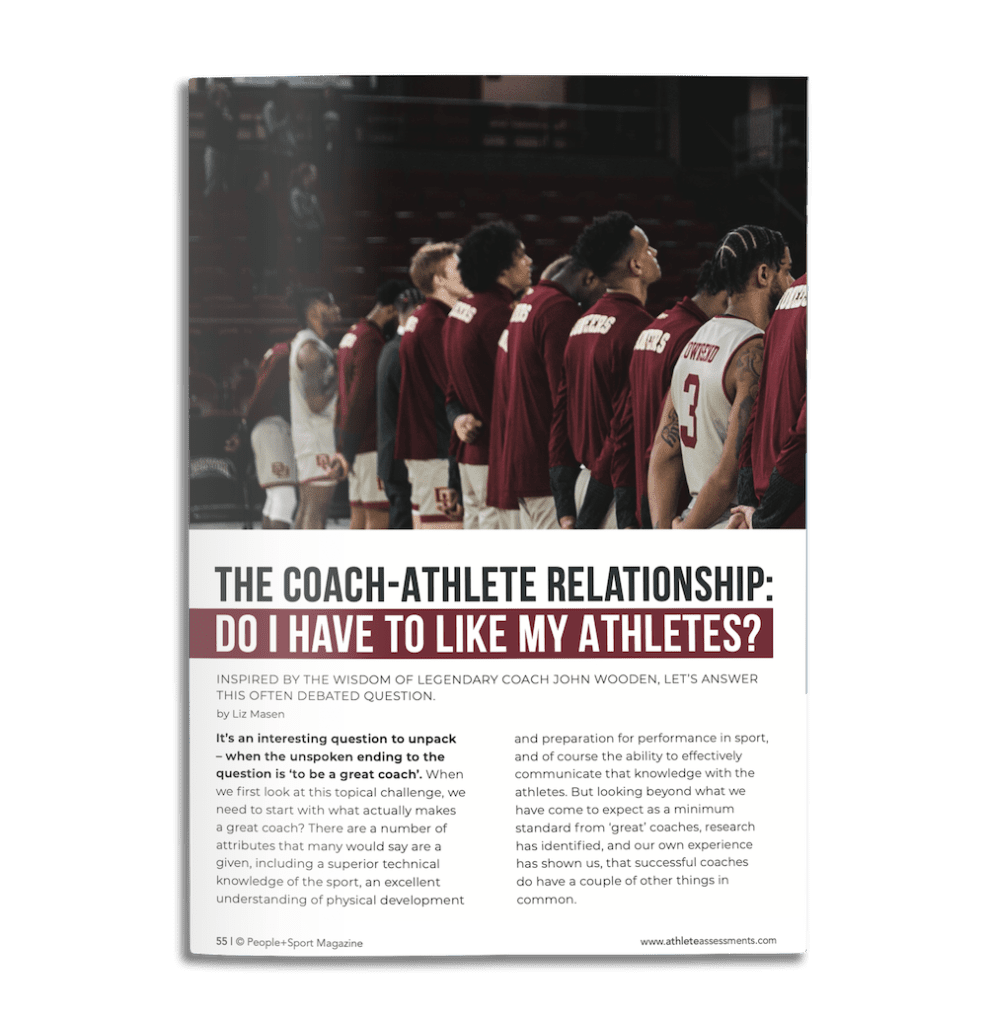
Recommended Articles
The coach-athlete relationship, a research backed non-negotiable when it comes to getting the best and sustained performance out of your athletes.
This article was initiated by an important question that one of the gymnastic coaches we work with asked, “How can we make sure we’re ready to perform at our very best the moment competition begins.”
We’re going to chat a little bit about the basics of DISC. As you know Athlete Assessments uses DISC as the core of all of the work that we do. I just wanted to give you a few quick tips on what DISC is really all about.
First and foremost, DISC is a behavioral model. That means it measures the observable behaviors of what people actually do. It’s talking about how we act – it’s not who we are, it’s not our personality – it’s just about our behavior.


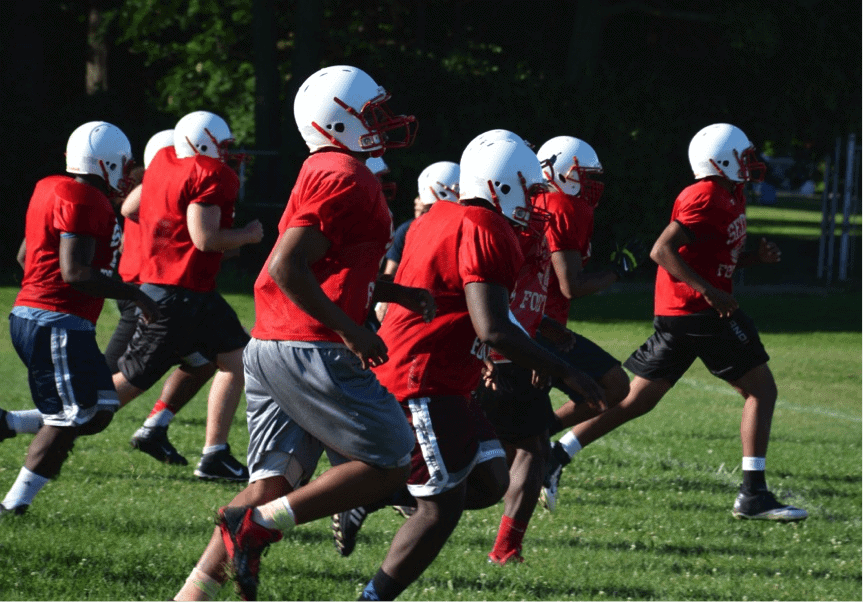
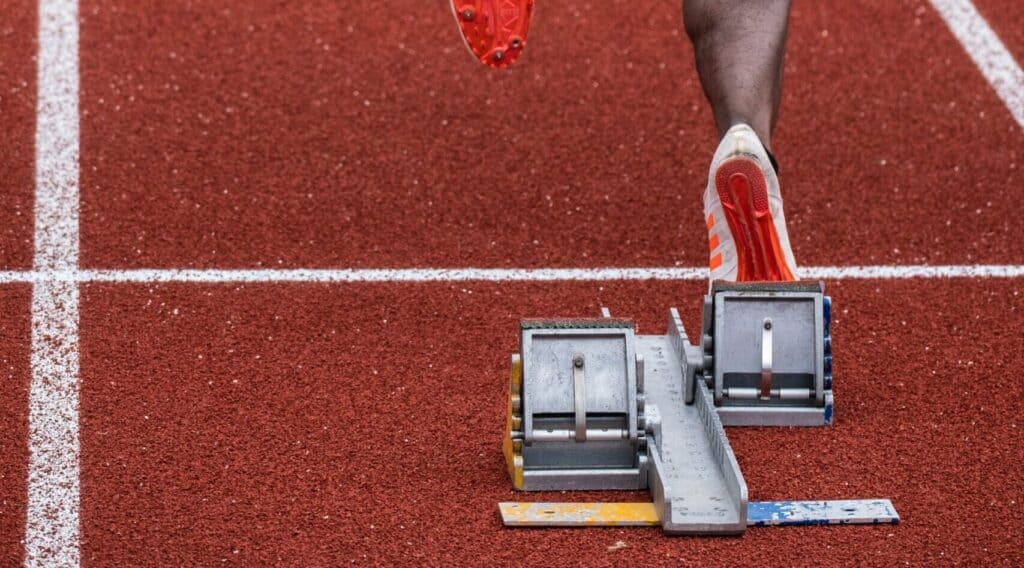
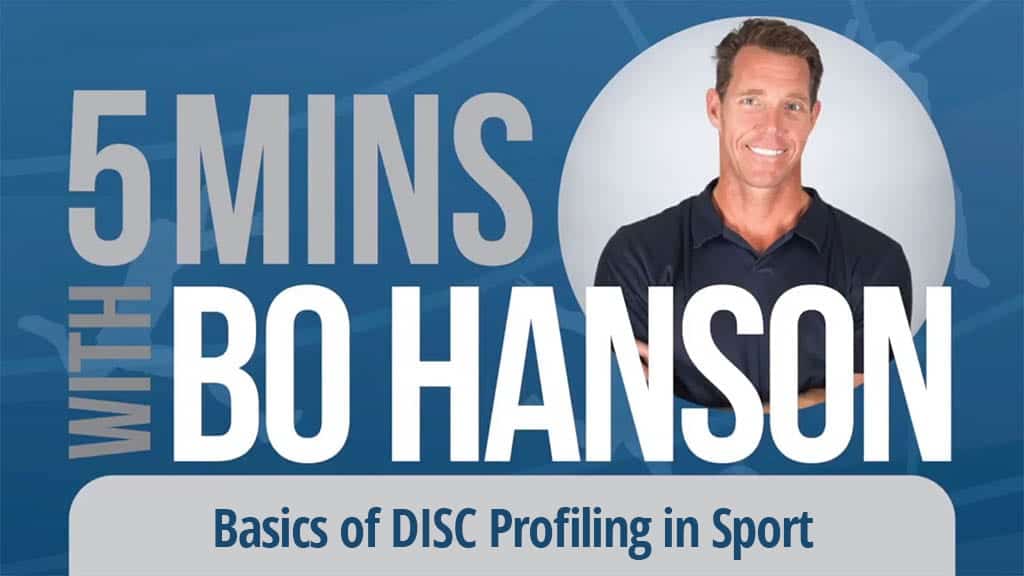
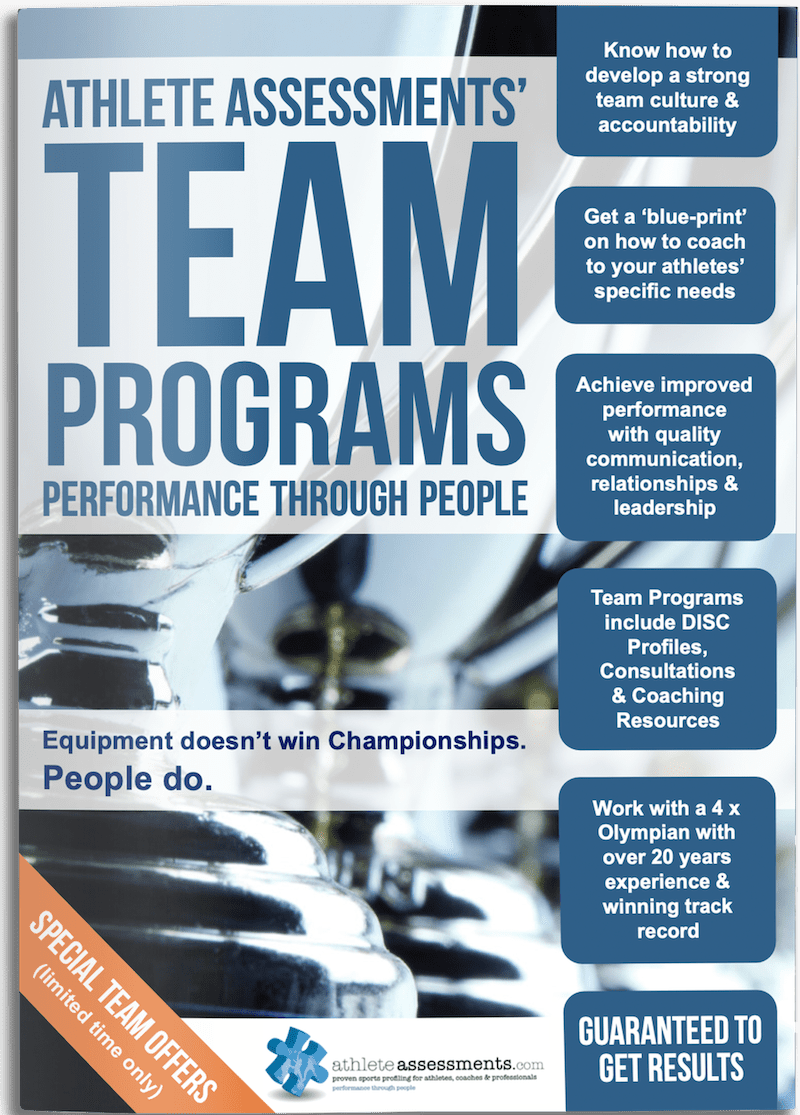




1 thought on “The Coach-Athlete Relationship: Do I have to like my Athletes?”
Pingback: The Coach-Athlete Relationship is a Performance Factor | Athlete Assessments